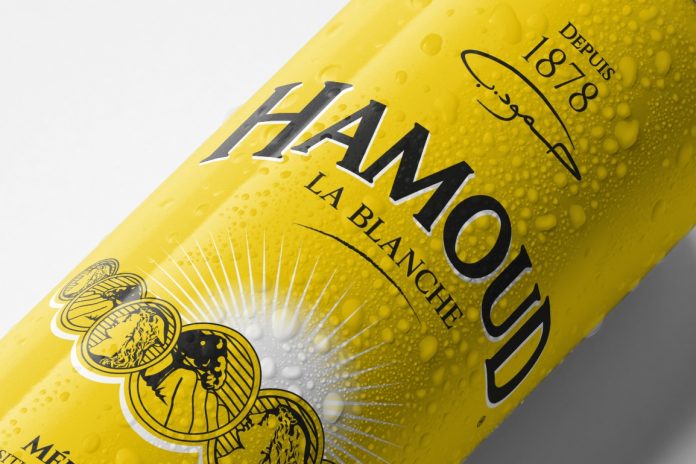As internet connectivity expands and mobile use rises, consumers now expect real time, personalised experiences. For brands, staying relevant means adapting to a landscape defined by privacy, trust, and cultural context.
Digital channels now offer a wealth of consumer insights, from browsing patterns to purchase behavior, but extracting meaningful data requires respect for local norms and regulations. This challenge applies in countries like Algeria, where language diversity, uneven connectivity, and consumer privacy expectations make research methodologies more complex. Brands that can navigate these circumstances will gain a competitive edge.
In this evolving environment, local research firms become indispensable partners. They combine deep cultural knowledge with strong operational capabilities in conducting compliant and robust consumer studies. Their work helps brands capture insights that are both rich and accurate. With content in multiple languages, culturally attuned questions, and hybrid online and field methods, these firms help brands understand not just what consumers do, but why they do it.
One Algerian brand that is excelling in this digital and insights interplay is Hamoud Boualem, best known for its iconic soft drink brands such as Selecto and Slim. While not a tech startup, the company has been leveraging consumer understanding and digital tools with innovation, positioning itself as a benchmark for strategic adaptation in Algeria’s modern economy.
Founded in the late 19th century and evolving into a trusted household name, Hamoud Boualem continues to defend its market position even as global beverage giants enter Algeria. The company’s resilience lies in its ability to tap into local culture and consumer sentiment. Recent launches like the Lim ON fruit juice carbonated line and PET format bottles reflect insights gained from understanding Algerian affordability preferences and taste profiles.
Hamoud Boualem has also started moving into digital consumer engagement. Limited but growing use of social platforms, influencer campaigns, and viral trends (for example, Algerian food and beverage influencers spotlighting the brand’s hazelnut spread) have helped the brand stay current with younger consumers. This approach is informed by targeted feedback and digital sentiment monitoring, enabling real time response to consumer taste shifts and price sensitivities.
By listening to what consumers say online, and coupling that with local qualitative research, Hamoud Boualem has refined its offer, balancing nostalgia with modern design, affordability with quality. Its loyalty stems not from marketing dollars alone, but from a sustained effort to align product formats, flavours, and packaging with what Algerians want now.
What this means for brands entering Algeria or operating across North and West Africa is clear. Insights must come from data that respects local languages, privacy expectations, and differentiated access patterns. Brands must build strategies that respond to hyperlocal consumer habits such as retail channels, payment preferences, and household realities.
Choosing the right insights partner is therefore essential. A firm that combines digital reach with offline legitimacy, fluent in both Arabic and French, and familiar with under connected regions can deliver the nuance that generic research misses. When brands use these insights accurately, product innovation becomes not only faster but more consumer centric.
Hamoud Boualem’s success shows that combining culturally grounded research with smart, lean digital engagement can keep a local brand competitive amid bigger global rivals. It demonstrates that modernisation does not mean losing heritage. Rather, combining heritage with insight-driven evolution.
Going forward, brands that invest in trusted, locally informed research and digital listening will be best positioned to innovate products, build trust, and scale impact. For North African economies aiming to lead on digital and industrial transformation, the lesson is clear: insight-led strategy wins.








